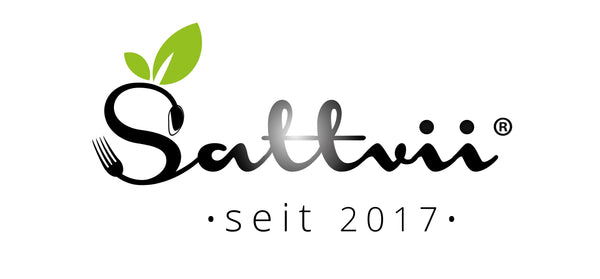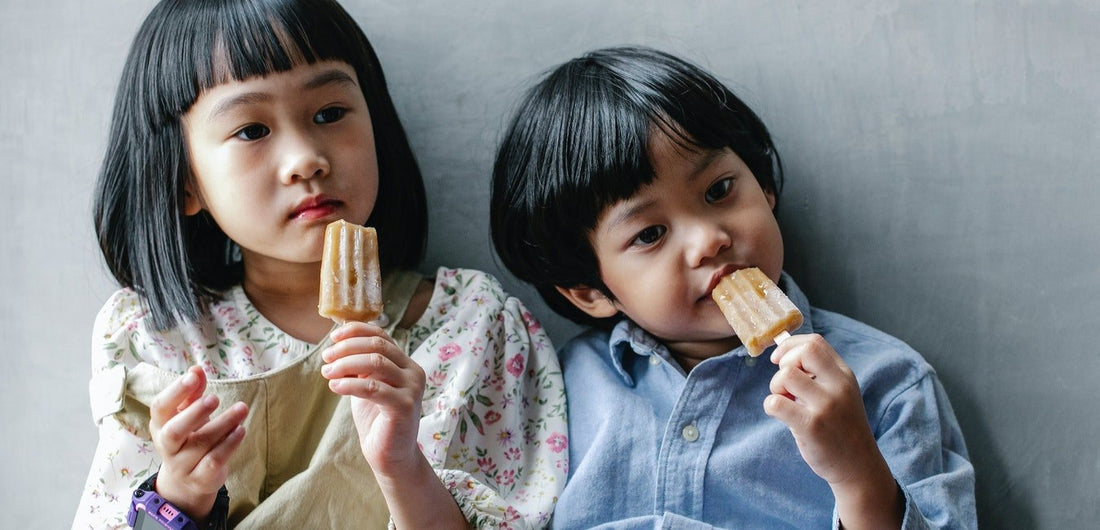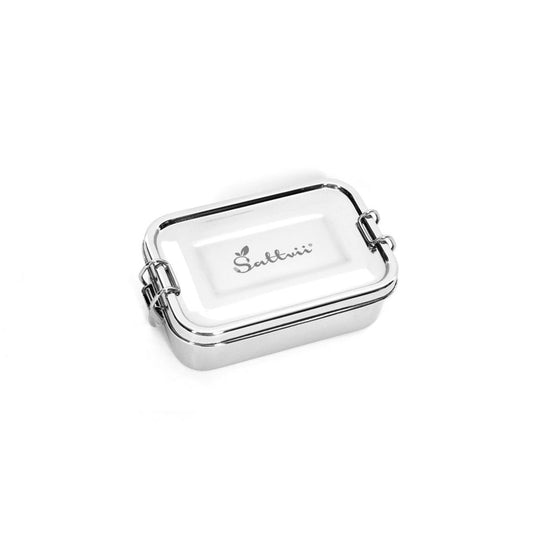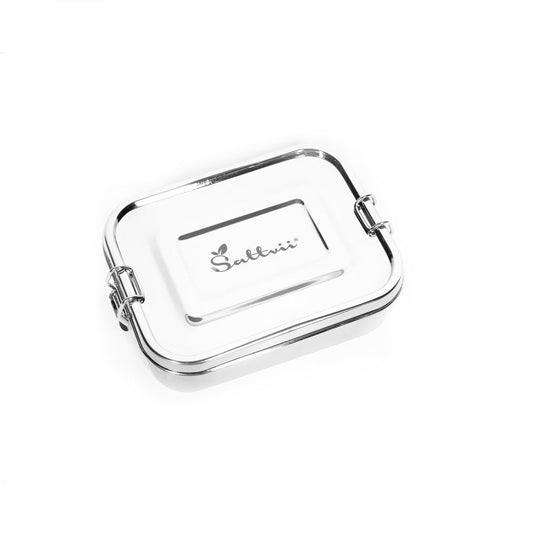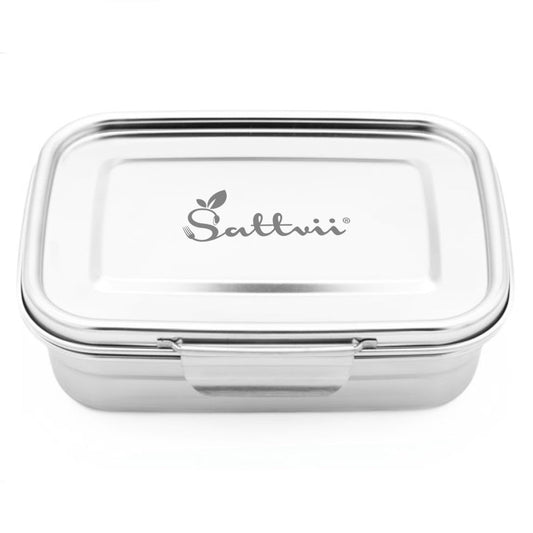It doesn't matter whether it's for kindergarten or school. Your child needs a suitable breakfast or lunch to get through the day well strengthened.
But which foods are best suited for this and which are absolute no-go's? Are there any pros and cons here? What are the advantages of a stainless steel lunch box? And how do I add enough variety to the lunch box in the hope that it won't come back half full?

We would like to answer these questions for you in today's article.
Especially now in summer, the choice of food is crucial, as the rising temperatures can quickly germs form.
We will then give you a few more tips on which foods are good for your child's lunch box instead.
Please also have a look at the Recipes category to get some inspiration.
Also interesting:
The most important vitamins for children
Ideas for a balanced breakfast
No Go's
Unfortunately, there are some foods that are healthy or have a nice taste, but are less suitable for meals on the go. It is always important to ensure that your child does not have any other food available when it is in school or kindergarten. Therefore, it is also important that you give him food that also covers the energy supply sufficiently. But first, let's get to the foods you're better off avoiding.
Sweets
Yes, a small piece of chocolate for dessert in the lunch box might be nice, but it will result in your child experiencing a rapid surge of energy. Sounds good at first.
The problem with this, however, is that this energy level drops again just as quickly as it rises and your child is immediately tired, fussy and powerless becomes. Therefore - please omit sweets. In addition, of course, with the current rising temperatures, there is a risk that the sweets will melt and spoil quickly.
Strong smelling
Food with a strong smell, such as red onions or onions in general, tastes good, but is less suitable for on the go. Since smells can be very dominant, the smell stays in the room longer and may disturb other children or educators and teachers.
If you are also currently using a plastic can, you also have the problem that the smell can also become very strong here.
We therefore recommend a stainless steel lunch box. Here, no unpleasant odors settle in the can. If you are unsure what kind of lunch box you need for school or kindergarten, we recommend our purchasing advisor once for the D- Lock Series and L-Lock.

drinks
School satchels or bags for kindergarten transport books, notebooks, snacks and sometimes a change of clothes every day. Especially now in summer you should always remember that the temperatures are ideal for germ formation. If, for example, a drink runs out in your satchel and you forget to clean it, this is the perfect breeding ground.
We therefore recommend no sweet drinks such as lemonade or juice.Simply water or at most even colder or warmer tea are just as good for getting through the day successfully
It is also a fallacy that juices are healthy. So feel free to check out another blog post. Juices contain an incredible amount of sugar and are therefore rather unsuitable.
We also recommend that you check your child's backpack regularly and for safe transport, please have a look at our leak-proof stainless steel lunch boxes!
Perishable
Fruit is indeed healthy, but unfortunately some foods such as strawberries or bananas have the disadvantage or property that they quickly go bad. We therefore recommend grapes, for example.
They're bite-sized, easy for kids to eat, and brighten up lunch boxes. In addition, your child also loses the attraction of eating if it looks inedible.
Other perishable foods that should not be put in the lunch box for school or kindergarten include all animal products, such as sausage or eggs.

In summer, these offer ideal breeding grounds for bacteria of all kinds, such as salmonella, streptococci or E. coli. But why? All of these foods have a high protein and water content. In the case of salmonella, ten to forty degrees are enough to multiply.
Consequences of spoiled food would be, for example, diarrhoea, vomiting and nausea.
Packaging
You should avoid specially packaged food for the sake of the environment. If you don't want the food to touch and the tastes to mix, we recommend our stainless steel lunch boxes with insertable dividers. In this way, all meals remain appetizing to look at and taste impeccable.
Variety
Of course it depends now. Do you pack for school or the lunch box for kindergarten? No matter how, it really makes the most sense to give products such as wholemeal, vegetables and fruit to the facility.
You give your child enough enough energy for the day. However, in the long run it becomes dull and uninteresting to have the same sandwich in front of you every day.
In order to avoid half-full lunch boxes after a day at school or daycare, it is important to pack varied lunches as much as possible.
For example, you could prepare a filled wrap on Monday, spelled waffles with apple sauce on Tuesday, and some wholemeal toast with fruit and yoghurt on Wednesday.
More inspiration? Feel free to visit our category Recipes!

Particularly with fruit and vegetables, it is important to ensure that they are cut small enough so that your child can easily eat them with their hands, such as carrots.
As an alternative to raw food, you could, for example, steam some broccoli or cauliflower the day before. It is best to leave this in the fridge overnight so that you can easily take it to school or daycare the next day.
Natural yoghurts are better than fruit yoghurts because they usually contain less sugar. Sweetened with a little honey and berries, you can easily give them away in an extra box.
Vegetarian spreads such as hummus can be garnished perfectly with herbs or radishes and, as mentioned above, you have the advantage that the lunch won't go bad if it doesn't have sausage - and meat products is occupied
Fruit bars are also suitable as a substitute for chocolate bars. Alternatively, you can help yourself out with dried fruit. This is healthy and helps school children in particular to have enough energy throughout the day.

We hope we were able to give you some useful information about the do's and don'ts when it comes to lunch boxes for school or kindergarten. If you have any further questions or suggestions, simply contact us using the contact form.
.